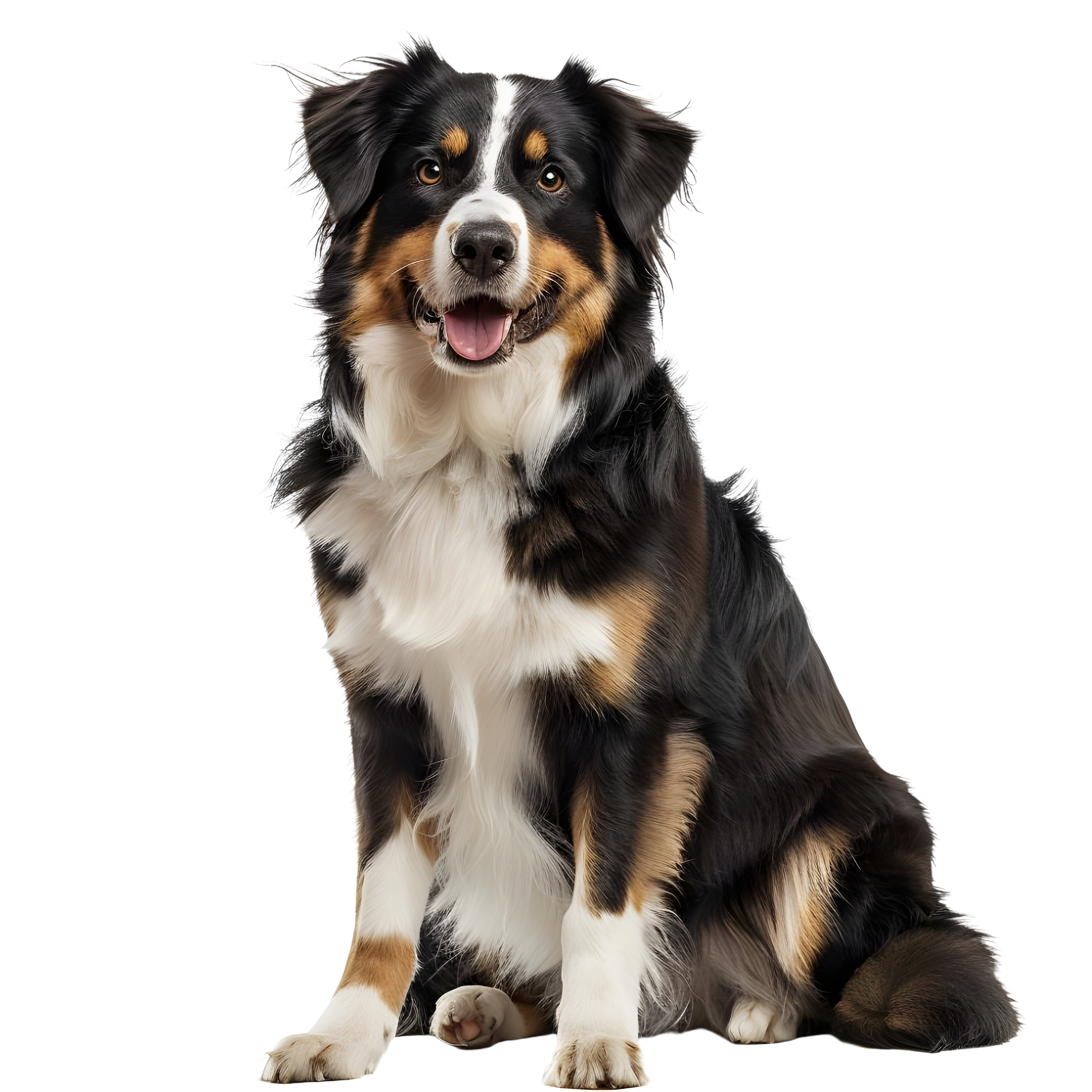
Cavalier King Charles Spaniel: A Guide to the Toy Breed
Cavalier Kings Charles Spaniels (Cavs if you prefer to eschew the mouthful of a name) are a toy breed, making them petite and loveable. If you are a “Sex and the City” fan, you might recognize Charlotte’s very own Elizabeth Taylor as a Cav. Take a closer look at the history of the breed and what you can expect when you live with one of these pups.

Kingly Lineage
The “King” in the breed’s name is King Charles II, who ruled in England during the 1600s, according to the American Kennel Club (AKC). During his time on the throne, he indulged in his love of dog breeding, creating a loyal following of spaniels. He even decreed that spaniels be allowed entry into all public places in Britain.
Over time the King Charles Spaniel breed evolved, with the “Cavalier type” emerging in the 1920s. The AKC first recognized Cavalier Kings Charles Spaniels as a breed in 1995, according to The Spruce Pets.

Toy Proportions
As a toy breed, Cavs weigh from 13 to 18 pounds and stand just about a foot high, according to the AKC, making them easy to scoop up and love. These tiny pups have a typical lifespan of 12 to 15 years, according to the AKC.

Grooming and Exercise
They are known for their silky soft fur, which is particularly notable on their trademark long and floppy ears. The breed can have different coat colors, including tricolor, Blenheim (chestnut and white), ruby, and black and tan, according to The Spruce Pets. With that thick, glossy coat, Cavs require a pretty rigorous grooming routine. You may want to have a professional groomer trim the coat, or you can keep up with regular brushing to ensure the coat does not become tangled or matted.
Though pint-sized, the Cavalier King Charles does have the spirit of sporting dogs running in her veins. You can expect plenty of happy lap-time, but don’t forget that Cavs do need regular walks and some running time to maintain a healthy weight and a happy attitude.

Adopting a Cav
If you have your heart set on a Cavalier King Charles Spaniel, you can start your search with trustworthy breeders, or you can explore local rescue organizations. Cavalier Rescue Midwest is based in Illinois, and Greater Chicago Cavalier Rescue operates out of the Chicago suburb of Aurora.
Written by Carrie Pallardy
Sources:

